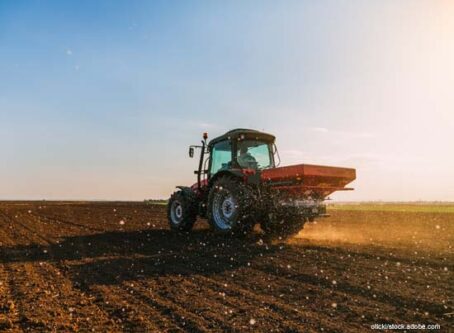Pennsylvania bill would allow expanded use of self-driving vehicles
A bipartisan bill introduced in the Pennsylvania General Assembly is intended to create what is described as a roadmap for the testing and commercial deployment of highly automated or self-driving vehicles.
Sponsored by Senate Transportation Chairman Wayne Langerholc, R-Cambria, the bill would authorize the operation of self-driving vehicles with or without a person onboard the vehicle. The rule would apply to cars and trucks.
“We are at the precipice of an industry that will change the landscape of our commonwealth’s jobs, economic activity and investment,” Langerholc wrote in a memo to Senate lawmakers.
There are 10 co-sponsors of the bill representing both parties.
Need to remain competitive touted
Since 2018, Pennsylvania law has required a licensed driver to be seated in the driver’s position at all times and to be in physical control of the vehicle.
Langerholc said there are many organizations in the state that are operating and testing under the 4-year-old policy set by the Pennsylvania Department of Transportation.
As a result, he said Pennsylvania is lagging behind other states and countries with the implementation of driverless technology.
“It is time to change this to comport in line with industry standards,” Langholc said at a news conference announcing the legislation. “We must ensure our commonwealth remains competitive in this arena – and we must take steps now to retain and recruit investment in this vital area.”
Rule would apply to cars and trucks
To move that direction, his bill would allow a highly automated vehicle to be operated with a driver in the driver’s position, a driver in a remote location, or exclusively by the automated driving system. The rule would apply to vehicles owned by an educational institution or business.
“We have an opportunity to make transportation safer, smarter, cleaner, more equitable and more efficient than ever,” PennDOT Secretary Yassmin Gramian said at the news conference.
Langerholc added that the new rule would aid the state in combating what some claim is a truck driver shortage nationwide.
Advocates say truck platooning will save fuel due to reduced aerodynamic drag, lessen traffic congestion, and improve highway safety. Some supporters acknowledge it will work best on relatively flat, divided highways outside of populated areas.
Critics question how automated vehicles and traditional vehicles will interact on roadways. Others doubt whether widespread use of the technology is realistic.
The bill, SB965, has moved to the Senate Transportation Committee. LL









